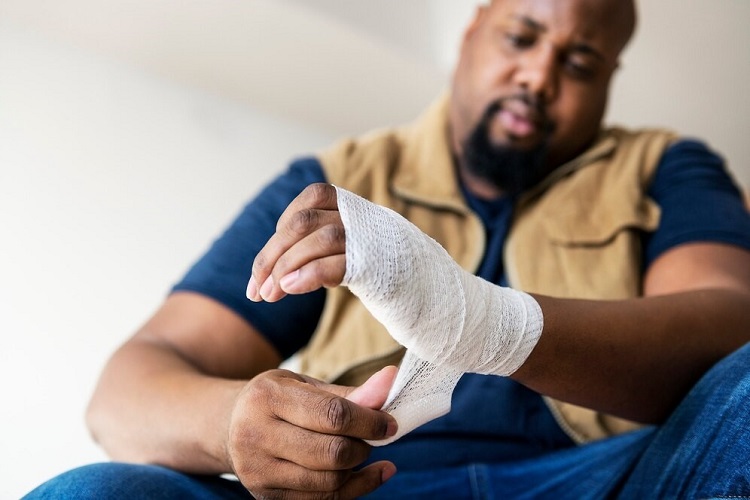When you’ve been injured due to someone else’s negligence, hiring a personal injury lawyer might seem like the logical first step. However, not every case is automatically accepted by attorneys—even when your injuries feel very real, and the other party seems clearly at fault.
It can be confusing, even frustrating, when a lawyer declines to represent you. But there are valid reasons why that might happen. Understanding these reasons doesn’t just offer peace of mind; it also helps you better prepare your case or know when to seek legal help elsewhere.
For many personal injury attorneys, it’s not just about sympathy or belief in your story—there are practical, legal, and strategic reasons to decline a case.
Table of Contents
Four Common Factors That Might Lead a Personal Injury Lawyer to Say “No”
1. Lack of Evidence or Legal Merit
The foundation of any personal injury case is proof—proof that someone else’s actions (or inaction) caused your injury. If you can’t clearly show who was at fault or how their behavior caused harm, a lawyer may feel there’s not enough legal ground to build a case.
For example, if there’s no accident report, no witnesses, and minimal documentation, it becomes difficult to convince a jury or insurance company that the other party was responsible. Lawyers take on cases they believe they can win—or at least negotiate for a fair settlement. Without strong evidence, the chances of success drop significantly.
2. The Case Isn’t Financially Viable
Most personal injury lawyers work on a contingency fee basis. That means they don’t get paid unless you win or settle the case. Because of this, lawyers must evaluate whether a case justifies the time, effort, and expenses required to pursue it.
If the potential compensation is low—maybe the injuries are minor, the treatment was brief, or there’s limited insurance coverage—it might not make financial sense for a lawyer to move forward. While this can feel personal to the injured party, it’s actually a business decision. Lawyers have to prioritize cases where the return justifies the risk.
3. The Statute of Limitations Has Expired
Every state has a time limit for how long you have to file a personal injury claim. This is known as the statute of limitations. If too much time has passed since your accident, your case may no longer be legally viable, no matter how strong the evidence is.
Lawyers are unlikely to accept a case that’s already expired under the law. Even if it’s close to the deadline, they might decline because there’s not enough time to investigate, gather evidence, or file properly. In personal injury law, timing can be just as important as facts.
4. Conflicts of Interest or Specialty Mismatch
Sometimes, a lawyer will turn down your case simply because they aren’t the right fit. Maybe your accident involves a unique area of law—like medical malpractice, product liability, or workplace injury—and that attorney doesn’t specialize in those types of cases. Rather than take on something outside their area of expertise, they may refer you to someone better suited.
In other cases, a lawyer may have a conflict of interest. Perhaps they’ve represented the other party before, or they have a personal or professional connection that would make it inappropriate to take the case. Ethical standards require attorneys to avoid these situations.
Wrapping Up
Getting turned away by a personal injury lawyer doesn’t necessarily mean you don’t have a case. It just means that, for one reason or another, that particular lawyer isn’t the right one to handle it. Whether it’s due to evidence issues, financial feasibility, legal timing, or ethical obligations, these decisions are rarely personal.
If one lawyer declines, don’t be discouraged. You can—and should—seek a second opinion. Every firm has different experience, capacity, and strategy. Just make sure you’re honest, prepared, and realistic when you approach your next consultation.

